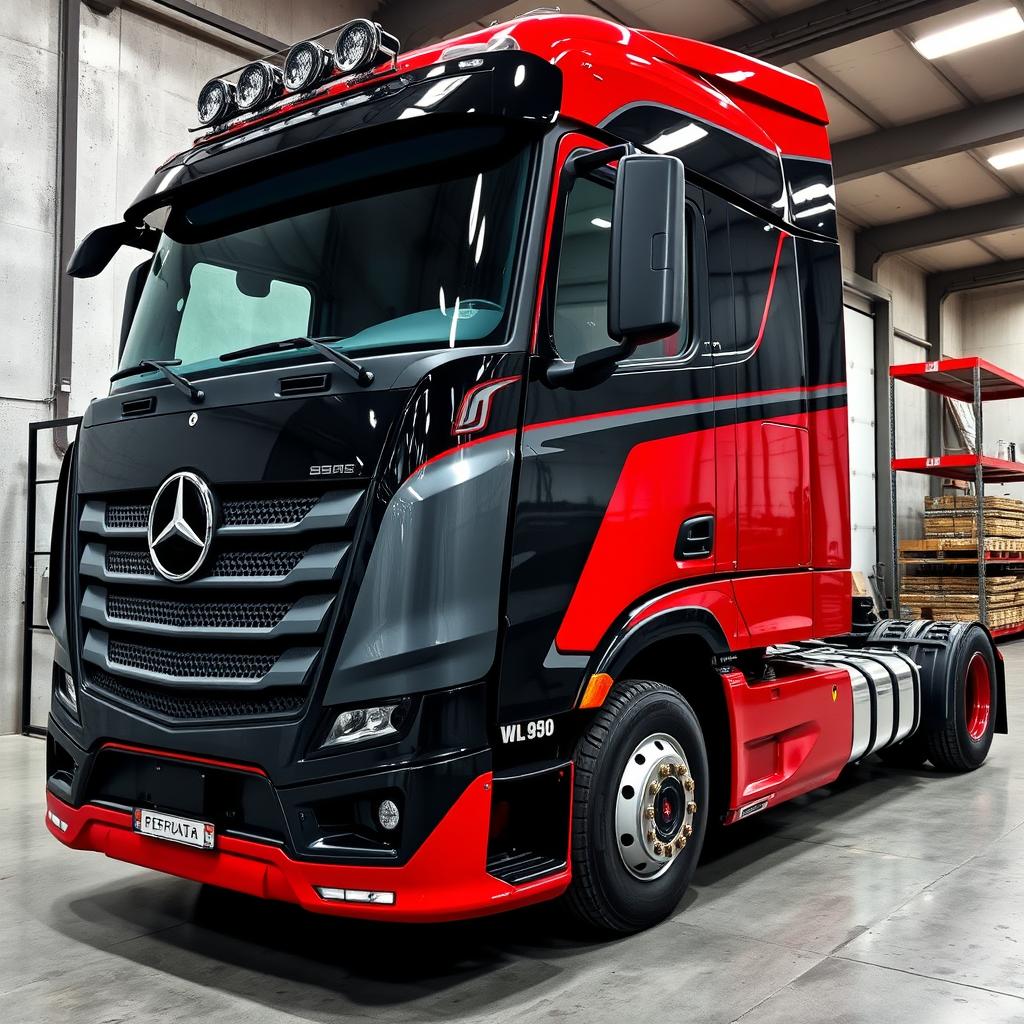Truck Leasing Agreement Guide USA: Everything You Need to Know
Understanding truck leasing contracts in America’s legal landscape can be overwhelming, but it doesn’t have to be. Whether you’re an independent operator or managing a fleet, knowing the ins and outs of truck leasing agreements is crucial for your business success. Let’s dive into everything you need to know about commercial truck leasing in the USA.
Understanding the Basics of Truck Leasing Agreements
A truck leasing agreement is a legally binding contract between a lessor (the company that owns the truck) and a lessee (the person or company leasing the truck). These agreements outline the terms and conditions under which a commercial truck can be used, maintained, and eventually returned or purchased.
Key components typically include:
- Lease duration and payment terms
- Maintenance responsibilities
- Insurance requirements
- Mileage restrictions
- End-of-lease options
- Termination conditions
Types of Truck Leasing Agreements
There are several types of leasing arrangements available in the US market:
1. Operating Lease
An operating lease is a short-term arrangement where you pay for the use of the truck during a specified period. This type of lease:
- Typically runs for 3-5 years
- Often includes maintenance packages
- Provides lower monthly payments
- Allows for easy equipment updates
2. Finance Lease
A finance lease, also known as a capital lease, is more like a purchase agreement:
- Higher monthly payments
- Option to purchase at lease end
- Longer terms (5-7 years)
- Tax benefits for depreciation
3. TRAC Lease
Terminal Rental Adjustment Clause (TRAC) leases are popular in the trucking industry because they:
- Offer flexible end-of-term options
- Provide predetermined residual values
- Allow for customized payment structures
Essential Terms and Conditions to Consider
When reviewing your truck leasing contract, pay special attention to these critical elements:
1. Payment Structure
- Monthly lease payments
- Down payment requirements
- Additional fees and charges
- Late payment penalties
2. Maintenance Requirements
- Scheduled maintenance obligations
- Repair responsibilities
- Warranty coverage
- Documentation requirements
3. Insurance and Liability
- Required coverage amounts
- Additional insured requirements
- Liability limitations
- Risk allocation
Legal Requirements and Compliance
According to the Federal Motor Carrier Safety Administration (FMCSA), trucking operations must comply with specific regulations:
- DOT number requirements
- Safety regulations
- Driver qualification standards
- Hours of Service (HOS) compliance
Additionally, state-specific requirements may apply. It’s recommended to consult with a transportation attorney to ensure full compliance with all applicable regulations.
Financial Considerations and Tax Implications
Leasing a commercial truck has significant financial implications:
Tax Benefits
- Lease payments are typically tax-deductible
- Depreciation considerations
- Operating expense deductions
Cost Analysis
- Total cost of ownership
- Operating costs
- Maintenance expenses
- Insurance costs
Working with a qualified accountant who understands the trucking industry tax regulations can help maximize your financial benefits.
Common Pitfalls and How to Avoid Them
Be aware of these potential issues when entering a lease agreement:
1. Hidden Costs
- Unexpected maintenance charges
- Excessive wear and tear fees
- Mileage overage charges
- Early termination penalties
2. Contract Terms
- Unclear maintenance responsibilities
- Restrictive operational limitations
- Unfavorable end-of-lease options
- Complex termination clauses
Negotiating Your Lease Agreement
When negotiating your lease, consider these strategies:
1. Research and Compare
- Get multiple quotes
- Compare lease terms
- Investigate lessor reputation
- Review customer feedback
2. Key Negotiation Points
- Payment terms
- Maintenance provisions
- Mileage allowances
- End-of-lease options
Making an Informed Decision
Before signing a lease agreement:
Due Diligence Checklist
- Review all terms thoroughly
- Understand maintenance obligations
- Verify insurance requirements
- Calculate total costs
- Consider future business needs
Professional Consultation
- Legal review
- Financial advisor input
- Insurance consultation
Conclusion
Navigating truck leasing contracts in America’s legal system requires careful consideration of numerous factors. From understanding different lease types to ensuring compliance with regulations, each aspect plays a crucial role in your business success. By thoroughly reviewing and understanding your lease agreement, you can make informed decisions that benefit your operation.
Ready to take the next step in your truck leasing journey? Contact our experienced team today for personalized guidance on finding the right leasing solution for your business. Our experts are here to help you navigate the complexities of truck leasing agreements and ensure you get the best possible terms for your needs. Don’t leave your business success to chance – reach out now and let us help you secure the right truck leasing agreement for your future.






